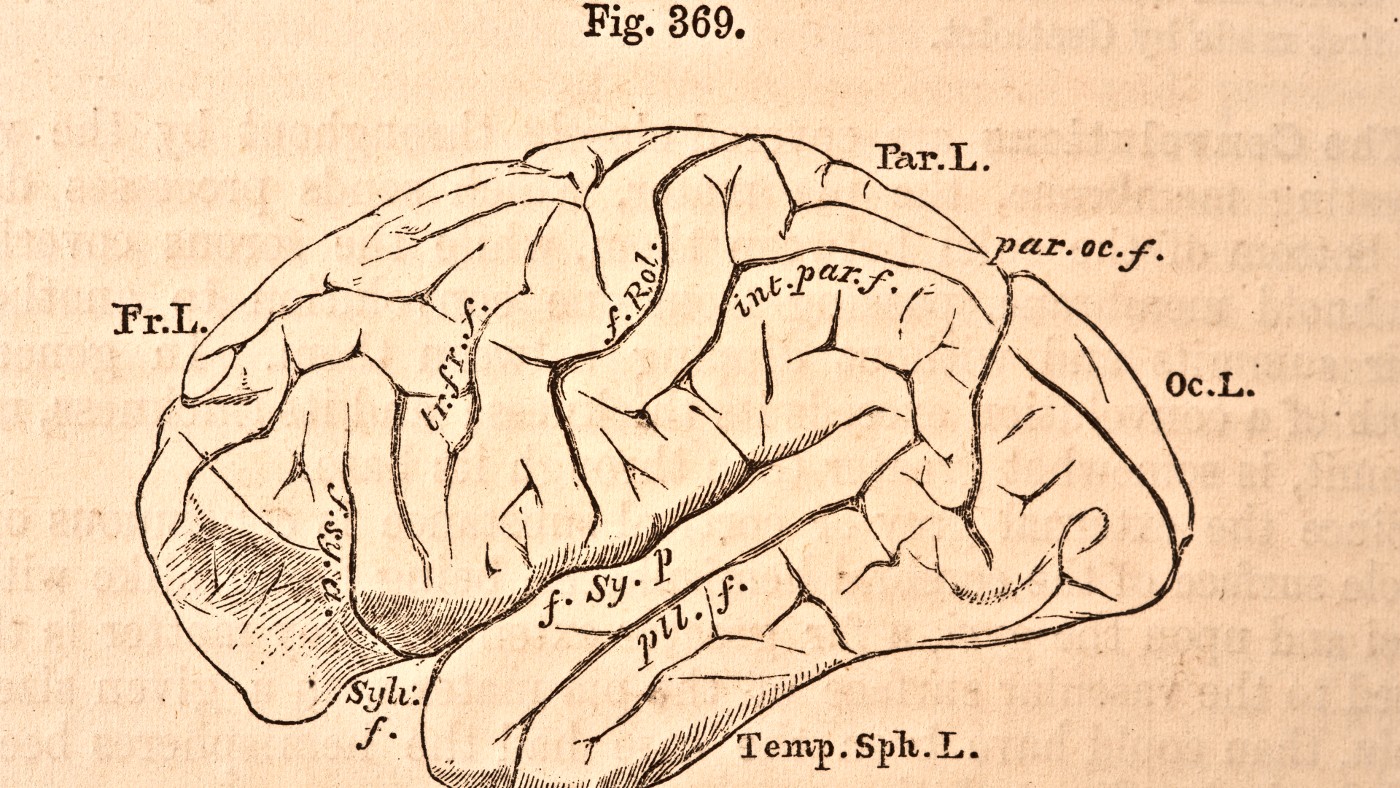EU officials compare Russian gas shut-offs to 'blackmail'


A free daily email with the biggest news stories of the day – and the best features from TheWeek.com
You are now subscribed
Your newsletter sign-up was successful
Gazprom, Russia's state-controlled gas company, cut off the supply of natural gas to Poland and Bulgaria on Wednesday, an escalation European Union officials have equated to "blackmail," The Washington Post reports.
The Kremlin said it shut off the gas supply to Polish and Bulgarian gas companies for failing to pay in Russian rubles, as was ordered. The suspension will not be lifted "until the payments are made" correctly, Gazprom said Wednesday.
Moscow warned of a similar fate for others who refused to pay in their desired currency — and the EU was not happy.
The Week
Escape your echo chamber. Get the facts behind the news, plus analysis from multiple perspectives.

Sign up for The Week's Free Newsletters
From our morning news briefing to a weekly Good News Newsletter, get the best of The Week delivered directly to your inbox.
From our morning news briefing to a weekly Good News Newsletter, get the best of The Week delivered directly to your inbox.
"The announcement ... is yet another attempt by Russia to use gas as an instrument of blackmail," European Commission President Ursula von der Leyen wrote in a statement. "This is unjustified and unacceptable."
Both Poland and Bulgaria have enough natural gas from other EU countries "to keep the lights on for now," the Post writes. What's not clear, however, is "how the bloc would manage additional cutoffs, especially if Russia stopped supplying major customers Germany and Italy."
Von der Leyen said member states have made "contingency plans" for such shut-offs and will meet to discuss additional options soon.
Notably, Germany worries an incident on its turf will "trigger a recession in Europe's largest economy," the Post writes.
A free daily email with the biggest news stories of the day – and the best features from TheWeek.com
"The situation has been tense for months," German Economy Minister Robert Habeck said. "But payments will continue to be made in euros."
Brigid Kennedy worked at The Week from 2021 to 2023 as a staff writer, junior editor and then story editor, with an interest in U.S. politics, the economy and the music industry.
-
 Political cartoons for February 16
Political cartoons for February 16Cartoons Monday’s political cartoons include President's Day, a valentine from the Epstein files, and more
-
 Regent Hong Kong: a tranquil haven with a prime waterfront spot
Regent Hong Kong: a tranquil haven with a prime waterfront spotThe Week Recommends The trendy hotel recently underwent an extensive two-year revamp
-
 The problem with diagnosing profound autism
The problem with diagnosing profound autismThe Explainer Experts are reconsidering the idea of autism as a spectrum, which could impact diagnoses and policy making for the condition
-
 Celine Dion 'civil war' in New Zealand
Celine Dion 'civil war' in New ZealandTall Tales And other stories from the stranger side of life
-
 Woman lives with needle in brain for 80 years
Woman lives with needle in brain for 80 yearsTall Tales And other stories from the stranger side of life
-
 Nobody seems surprised Wagner's Prigozhin died under suspicious circumstances
Nobody seems surprised Wagner's Prigozhin died under suspicious circumstancesSpeed Read
-
 Western mountain climbers allegedly left Pakistani porter to die on K2
Western mountain climbers allegedly left Pakistani porter to die on K2Speed Read
-
 'Circular saw blades' divide controversial Rio Grande buoys installed by Texas governor
'Circular saw blades' divide controversial Rio Grande buoys installed by Texas governorSpeed Read
-
 Los Angeles city workers stage 1-day walkout over labor conditions
Los Angeles city workers stage 1-day walkout over labor conditionsSpeed Read
-
 Mega Millions jackpot climbs to an estimated $1.55 billion
Mega Millions jackpot climbs to an estimated $1.55 billionSpeed Read
-
 Bangladesh dealing with worst dengue fever outbreak on record
Bangladesh dealing with worst dengue fever outbreak on recordSpeed Read
